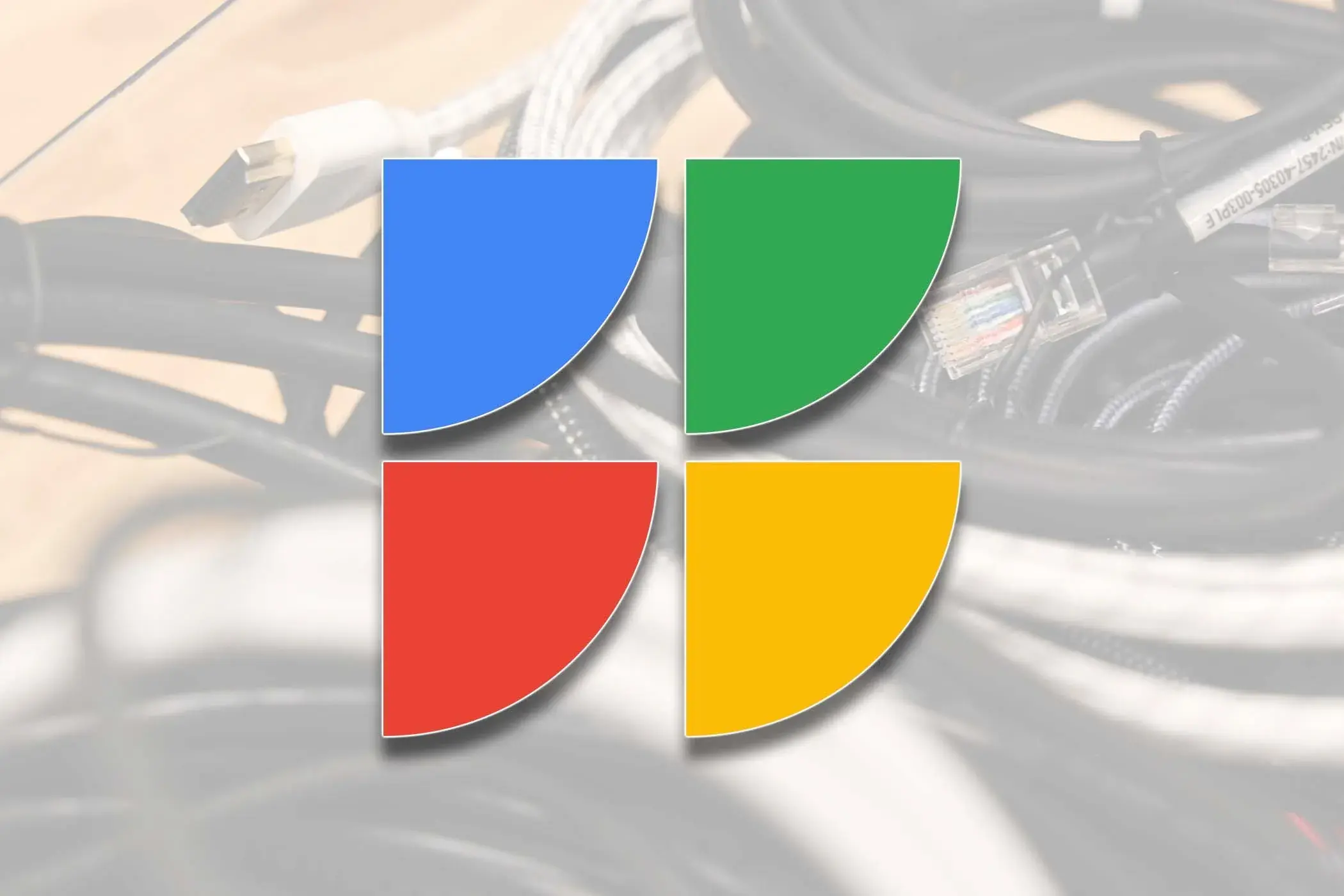Google Begins Testing 50 Gig Fiber Internet
Google Begins Testing 50 Gig Fiber Internet

www.howtogeek.com
Google Begins Testing 50 Gig Fiber Internet

Researchers from Nokia and GFiber Labs (the experimental arm of Google Fiber) successfully achieved 41.89 Gbps download speeds on a live Google Fiber network. This marks the first time that Nokia's 50G PON (passive optical network) technology has been used on a Google-owned network, and its one of the only examples of live 50 Gig networking in the United States.